The Three C’s Of Interviewing

A client of mine recently asked me to help fill a junior-level position in their organization. This isn’t uncommon; I regularly help clients interview and select qualified IT Professionals to join their ranks.
Usually I’m usually given a detailed job description with very specific requirements. The manager frequently believes that the requirements for the position are very unique, very specific to the organization.
Sometimes this is true; often it is not.
As a result of this perceived uniqueness of the position, many hiring managers mistakenly settle for the first person that meets their minimum requirements. Sometimes, they even settle for less than their stated minimum.
This is unfortunate. It is a disservice to their organization, to the ill-fitting candidate that’s hired, and to the other candidates who would have been a better fit in the organization. The organization has to suffer through a lackluster performer. The person hired is put into a role where he has little chance for success. And other, potentially really qualified, candidates loose out on a great opportunity.
Past Performance Is No Guarantee Of Future Success
When I interview candidates for a position, I ask questions that help me to gauge their likelihood for success. Predicting success is not easy; it’s a difficult undertaking. But trying is important for the obvious reasons.
Much has been written about interviewing techniques and asking good questions so I won’t go into a lot of details on this subject.
I will say, however, that I like scenario-based questions. These kinds of questions reveal quite a bit about how a person approaches his job.
What are some scenario-based questions?
- “Tell me about a time when you and the development team didn’t see eye to eye on an issue and how you handled it.”
- “Describe a time when the budget you were given was far less than needed and how you adapted to the new limitations.”
- Think back to a time when one of your projects was at risk of missing a deadline. How did you approach the problem and what did you do?
Although these kinds of questions will not guarantee that you’ll find the rose among thorns, they do offer some insight into the candidate’s experience and outlook.
What To Look For When Interviewing A Candidate
As I interview candidates, I’m look for what I call The Three C’s of Interviewing. Before I recommend a candidate for hire, I want to make sure that both the client and I are comfortable in the following three areas.
- Competency. Does the candidate have a good base onto which to build? No one is likely to meet every single requirement. And even if he did, he’d still have to learn the specifics of this environment. So it’s important that he has a good foundation on which to build, that he can learn quickly, and that he sees opportunities not obstacles.
- Compatibility. Will the person be a good fit with organization? Can he get along with the others? Perhaps the role requires a significant amount of individual work without the input of others. Can he work alone? Or can he function as a member of a larger team if required?
- Core Values. Is the person trustworthy? Does he have a good work ethic? Do I believe that he will take ownership of issues? Will he work hard? Is he a go-getter, or does he lack initiative? Can I trust that he can and will do what he says that he’ll do?
These are the qualities that I look for in a candidate. Yes, experience with specific tools and technologies is important. But don’t overlook the the intangibles of the Three C’s.
Question: What do you look for when you interview candidates for an open position in your organization?



Recent Comments